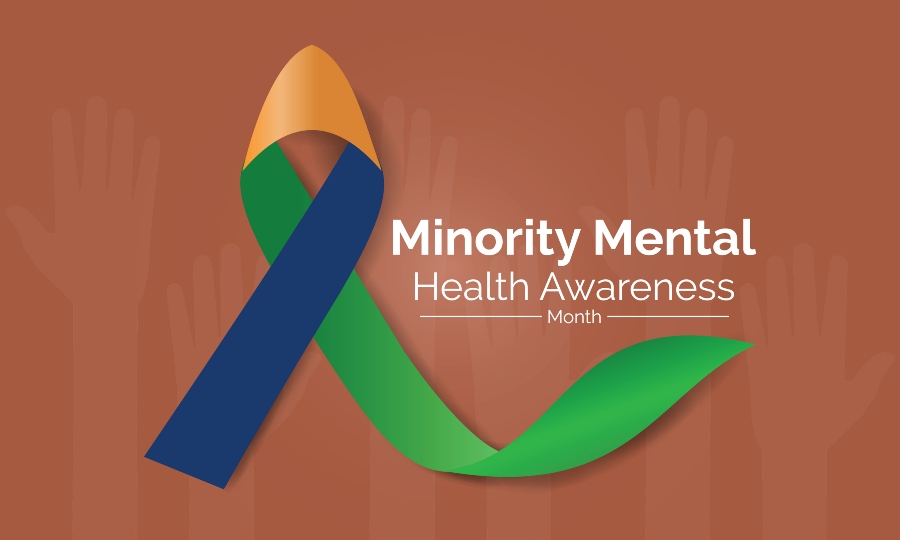
Minority Mental Health Awareness Month
The Calli InstituteJuly is National Minority Mental Health Awareness Month. At The Calli Institute, we feel it is important to highlight some of the issues that many minorities face regarding personal wellness. We hope that by recognizing challenges for racial and ethnic minority groups, others will be more aware of and better understand the need for access to help and solutions.
The Mental Health Breakdown
Maybe you know the quote from Senator Paul Wellstone: “We all do better when we all do better.” This can especially relate to mental health. When everyone has access to supportive and effective mental health care, we all feel better, safer, and calmer.
Mental health is a universal concern. People of all sizes, shapes, colors, and backgrounds deal with mental health issues every day. In fact, numbers from the National Institute on Mental Health (NAMI) show that in the U.S., more than one in five adults live with a mental illness.
And while minorities have a similar number of mental health disorders in comparison to White people, the effects of those disorders on minorities may be longer lasting. The American Psychiatric Association found that:
- Depression among some minorities is often more persistent even though depression rates are lower than in White people.
- Just one-third of Black people who need mental health care receive it.
- Minority youth with behavioral issues are more likely than White youth to be sent to the juvenile justice system than a primary care facility.
- Native Americans and Alaska Natives have higher rates of alcohol dependence and PTSD than any other racial group.
Health Inequity Challenges
Though mental health issues across all races may seem comparable, there are often differences in how mental health is analyzed. Some reports indicated the possibility that mental illness in minorities could be misdiagnosed or underdiagnosed, which can lead to mistrust toward mental health professionals.
Other findings showed that some minorities regularly receive poorer quality of care or culturally inefficient care. Potential inconsistencies can result from misunderstandings due to patient/provider language differences.
Patients may also alter the way they report or describe symptoms because of the underlying stigma surrounding mental health. According to NAMI, the concern over how others perceive them may prevent people of color from discussing mental health issues or seeking help for them.
Additionally, communities of color often experience other barriers that limit access to or hinder the quality of mental health care. Some of those hurdles include:
- Lack of insurance: A Kaiser Family Foundation study found that uninsured rates among Native Americans, Alaska Native, Hispanic, and Black people was significantly higher than for White people.
- Socioeconomic factors: Communities of color are more likely to experience an imbalance in access to health and educational resources, which could contribute to poor mental health outcomes.
- Finding the right kind of help: Minority groups struggle to find health care professionals who can both understand their concerns and provide quality, culturally competent care.
For anyone dealing with mental health issues, it’s important to feel adequately represented, acknowledged, and understood. This is especially true for those who have historically been underserved when it comes to wellness.
Reach Out for Help
Focusing on minority mental health awareness can hopefully help call attention to the struggles facing many minority groups. And by recognizing and educating others on these issues, we as a society can implement change to ultimately break down barriers so that everyone can attain a convenient and equitable path toward wellness.
Our team at The Calli Institute provides a balanced, comprehensive, and holistic approach to wellness, working with each client to focus on specialized care. Please reach out if you’d like to learn more about how we can partner with you to help discover and maintain wellness.
